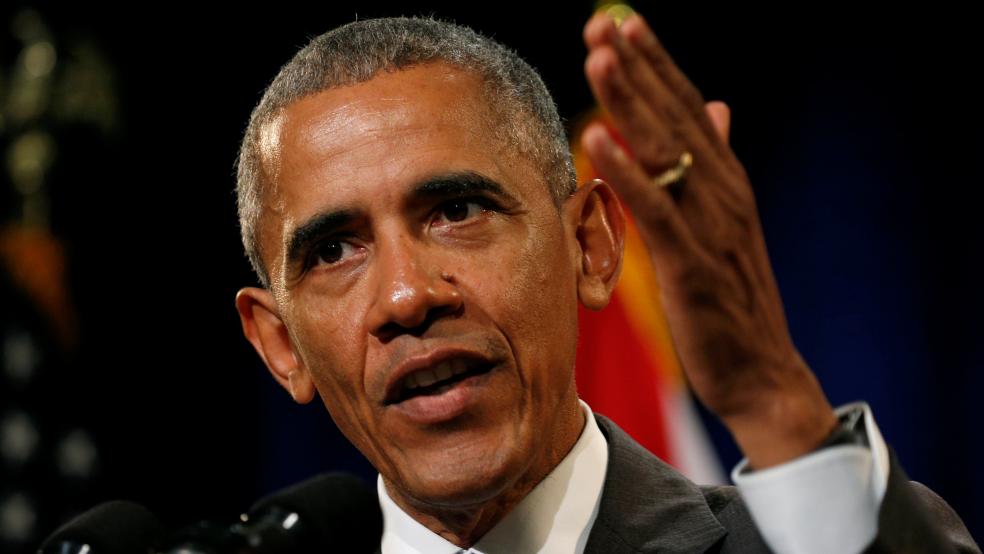If the Supreme Court strikes down federal subsidies in the looming, high-stakes case of King v. Burwell, it will likely be up to state lawmakers to deal with the inevitable fallout.
During a congressional hearing on Wednesday, Health and Human Services Secretary Sylvia Mathews Burwell said the president would not sign a proposed GOP contingency plan that would allow subsidies to continue flowing in exchange for dismantling major provisions of the health law.
Related: States Lose $721B if SCOTUS Rules Against Obamacare
The measure, sponsored by Sen. Ron Johnson (R-Wis.), would keep subsidies in place for all existing Obamacare enrollees until 2017, but two key components of the law—the individual and employer mandates—would be repealed.
Burwell said the administration views Johnson’s proposal as another repeal plan and expressed similar disinterest with the handful of other proposals GOP lawmakers have put forward in recent months to replace the law.
"[The Johnson plan] actually takes away subsidies from people over time…something that repeals the Affordable Care Act is not something the president will sign,” Burwell said.
Related: Four Little Words that Could Kill Obamacare
Though the secretary’s answer wasn’t a huge surprise, it further signals little chance that the 6.5 million people who stand to lose their subsidized coverage can rely on Congress to help them.
Burwell has indicated countless times that the administration has very limited authority to step in and quell any potential fallout. However, she said she is already working with states to devise contingency plans.
"If the Court says that we do not have the authority to give subsidies, the critical decisions will sit with the Congress and states and governors," Burwell told the committee.
This means states are likely the best option to stave off disaster for those affected if the court strikes down federal subsidies. Should that happen, subsidies will still flow to states that have set up state exchanges. The easiest but most expensive solution is for states to create their own exchanges, if they haven’t already.
Of course, since Obamacare is a political lightning rod, that won’t be easy in states where the health care law is unpopular.
Some states, such as Pennsylvania, have already started cobbling together plans to set up their own exchange if the subsidies are struck down. But other states, like Louisiana, have made clear that they won’t support any efforts to save the president’s health care law.
Top Reads from The Fiscal Times





